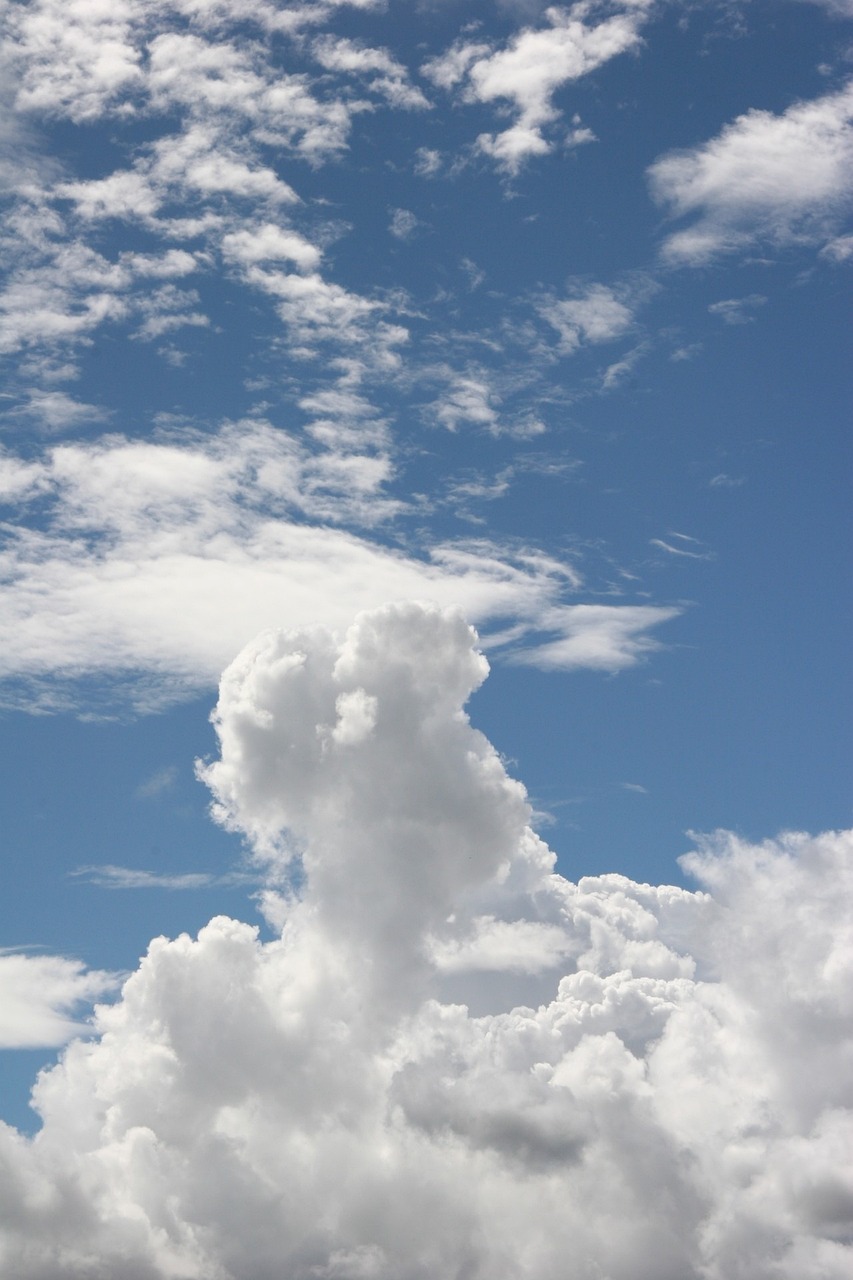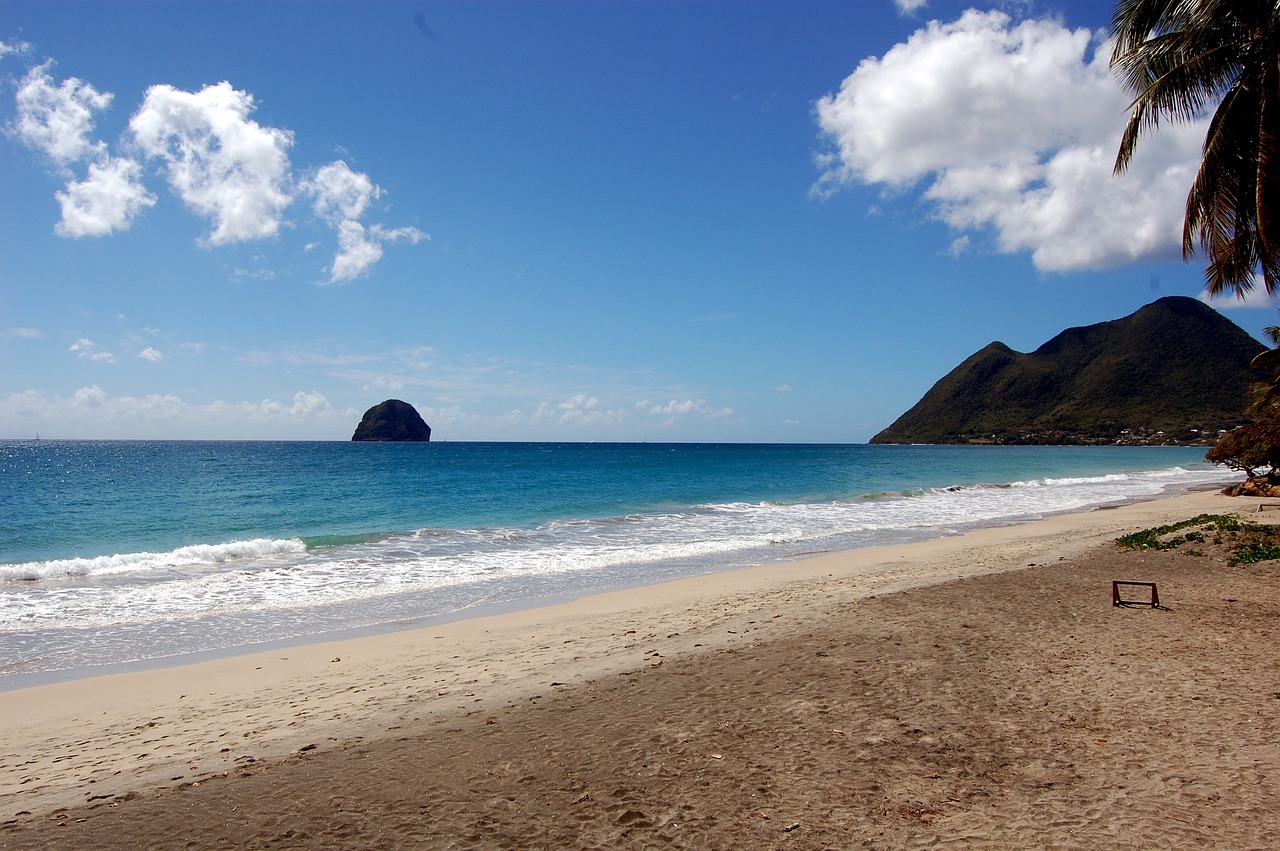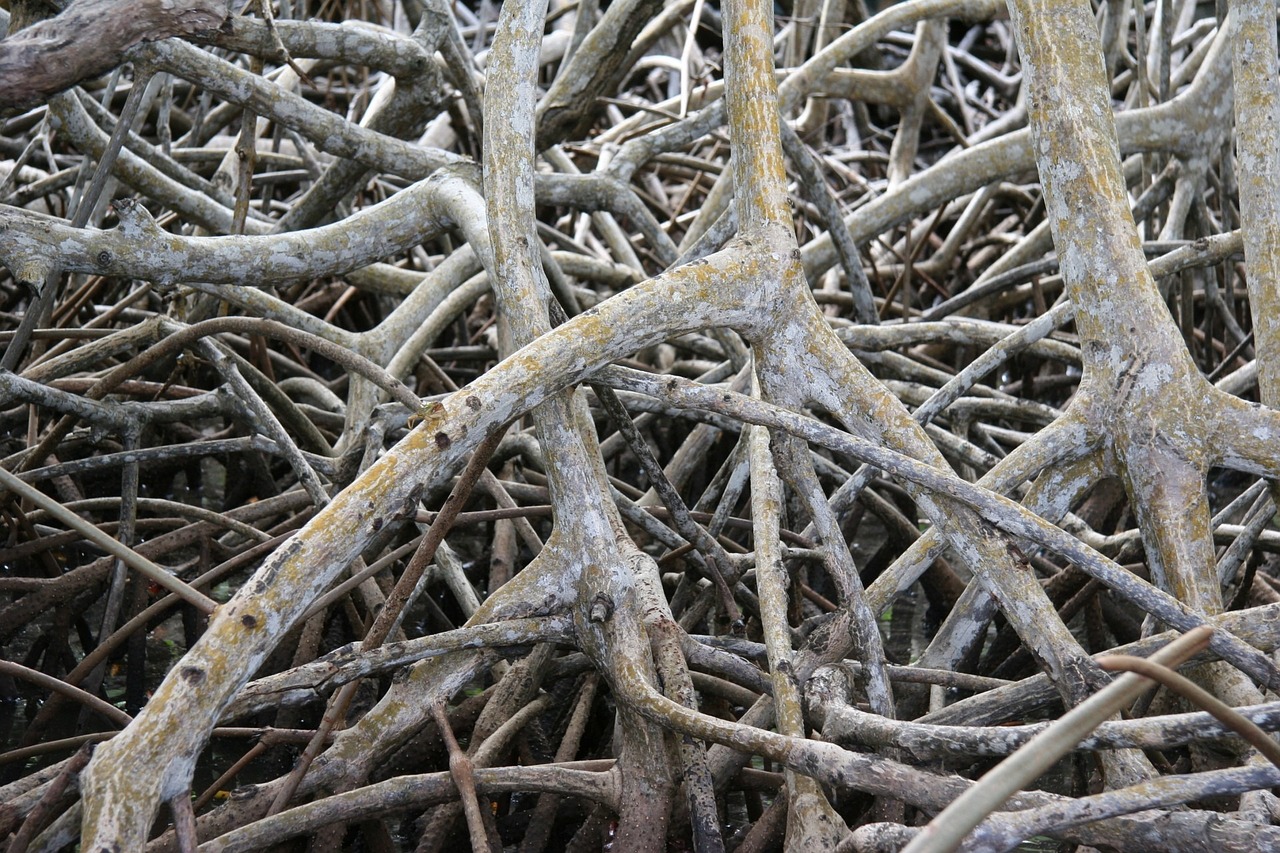Martinique Video
Local Celebrations and Holidays: What to Expect in Martinique
Martinique, an island located in the eastern Caribbean Sea, is known for its vibrant culture and rich history. The island’s celebrations and holidays reflect its diverse influences, including French, African, and Caribbean traditions. From colorful festivals to religious observances, Martinique offers a variety of unique experiences for both locals and visitors. In this article, we will explore the local celebrations and holidays in Martinique, providing you with a comprehensive guide on what to expect.
Section 1: Carnival
Carnival is undoubtedly the most anticipated and celebrated event in Martinique. Held in February or March, this vibrant festival lasts for several weeks, filled with parades, music, dancing, and elaborate costumes. The streets come alive with the sounds of traditional Martinican music, such as zouk and beguine. The highlight of Carnival is the Grand Parade, where groups of revelers, known as “carnavaliers,” showcase their creativity and artistic talents through their costumes and choreographed performances.
- Costumes: Carnival costumes in Martinique are a sight to behold. They are often handmade and feature intricate designs with vibrant colors and feathers.
- Music and Dance: Traditional Martinican music, including zouk and beguine, fills the air during Carnival. Locals and visitors join in the festivities, dancing to the infectious rhythms.
- Street Food: Carnival is also a culinary delight. Food stalls line the streets, offering a variety of local delicacies, such as accras (deep-fried codfish fritters) and boudin (blood sausage).
- King and Queen: Each year, a King and Queen of Carnival are chosen to lead the festivities. They are usually prominent figures in the community and play a central role in the parades and events.
Section 2: Easter Celebrations
Easter is an important religious holiday in Martinique, marked by various traditions and observances. The island’s Catholic population participates in religious processions and church services throughout Holy Week. One of the most significant events during Easter is the “chemin de croix” (Stations of the Cross), where believers reenact the final journey of Jesus Christ.
- Church Services: Many churches in Martinique hold special services during Holy Week, including Palm Sunday, Maundy Thursday, Good Friday, and Easter Sunday. These services are attended by locals and visitors alike.
- Stations of the Cross: The “chemin de croix” is a solemn procession where participants walk through the streets, stopping at designated stations to pray and reflect on the crucifixion of Jesus.
- Easter Monday: In Martinique, Easter Monday is a public holiday known as “Lundi de Pâques.” It is a day for family gatherings, beach outings, and enjoying traditional Easter meals.
Martinique Image 1:

Section 3: Assumption Day
Assumption Day, celebrated on August 15th, is a religious holiday that commemorates the Virgin Mary’s ascension into heaven. It is a public holiday in Martinique, and many locals attend Mass and participate in processions to honor the Virgin Mary.
- Mass and Processions: Churches across the island hold special Mass services on Assumption Day. After the Mass, processions take place, where the statue of the Virgin Mary is carried through the streets.
- Feasts and Gatherings: Assumption Day is also a time for families and friends to come together and enjoy festive meals. Traditional dishes, such as colombo (a spiced meat stew) and accras, are often served.
- Fireworks: As the evening approaches, fireworks light up the sky, adding to the celebratory atmosphere of Assumption Day.
Section 4: Feast of Saint-Jean
The Feast of Saint-Jean, also known as the Fête de Saint-Jean-Baptiste, is celebrated on June 24th each year. It is a religious and cultural holiday dedicated to Saint John the Baptist, the patron saint of Martinique.
- Mass and Processions: On the Feast of Saint-Jean, churches hold special Mass services to honor the saint. Processions take place, with participants carrying crosses and banners through the streets.
- Bonfires and Jumping Over Flames: One of the unique traditions associated with the Feast of Saint-Jean is the lighting of bonfires. People gather around the fires and jump over the flames, symbolizing the purification of sins.
- Traditional Music and Dance: The celebration is accompanied by traditional music and dance performances, showcasing the rich cultural heritage of Martinique.
Section 5: All Saints’ Day
All Saints’ Day, observed on November 1st, is a significant holiday in Martinique. It is a day to honor and remember deceased family members and loved ones. The island’s cemeteries are beautifully decorated with flowers and candles.
- Grave Visits: Families visit the graves of their ancestors, offering prayers, lighting candles, and leaving flowers as a sign of remembrance and respect.
- Cemetery Masses: Mass services are held in cemeteries, providing an opportunity for families to come together and pray for their departed loved ones.
- Food Offerings: It is customary to bring food and drinks to share with family members during the cemetery visits. Traditional dishes, such as pain au beurre (butter bread) and sweet potato pudding, are often prepared.
Section 6: Martinique Image 2:

Section 7: Bastille Day
Bastille Day, celebrated on July 14th, marks the beginning of the French Revolution. It is a public holiday in Martinique, and the island joins the rest of France in commemorating this historic event.
- Fireworks and Parades: Bastille Day is celebrated with fireworks displays and parades in major towns and cities across Martinique. Locals and visitors gather to watch the colorful fireworks light up the night sky.
- Music and Dancing: Festive music fills the streets, and people dance to traditional French and Martinican tunes.
- Outdoor Activities: Many people take advantage of the public holiday to enjoy outdoor activities, such as beach picnics, hiking, and water sports.
Section 8: Feast of Saint Peter and Saint Paul
The Feast of Saint Peter and Saint Paul, celebrated on June 29th, is an important religious holiday in Martinique. It honors the apostles Peter and Paul and is marked by various religious and cultural activities.
- Boat Processions: One of the highlights of the Feast of Saint Peter and Saint Paul is the boat processions. Locals decorate their boats and sail along the coast, accompanied by music and cheers.
- Seafood Feasts: As a coastal celebration, seafood plays a significant role in the festivities. Many families organize seafood feasts, featuring local delicacies like grilled fish and crab.
- Traditional Dances: Martinican traditional dances, such as the Bèlè, are performed during the celebrations. The Bèlè is a rhythmic dance accompanied by drumming and singing.
Section 9: Martinique Image 3:

Section 10: Christmas and New Year
Christmas and New Year are joyous occasions in Martinique, celebrated with a mix of religious traditions and festive cheer. The island comes alive with decorations, music, and special culinary delights.
- Midnight Mass: Many churches hold Midnight Mass services on Christmas Eve, welcoming the birth of Jesus. The services are attended by locals and visitors, creating a warm and festive atmosphere.
- Creole Christmas Meal: A traditional Creole Christmas meal is a highlight of the festive season. It often includes dishes like roast pork, black cake (a rich rum-soaked fruit cake), and sorrel punch.
- New Year’s Eve Parties: As the year comes to an end, Martinique hosts lively New Year’s Eve parties. Fireworks light up the sky at midnight, and people gather to celebrate and welcome the new year with music and dancing.
Section 11: National Day of Abolition of Slavery
The National Day of Abolition of Slavery, observed on May 22nd, commemorates the abolition of slavery in Martinique and other French territories. It is a day to reflect on the island’s history and pay tribute to those who fought for freedom.
- Memorial Services: Memorial services and ceremonies take place across Martinique to honor the memory of those who suffered under slavery. These events serve as a reminder of the island’s past and the importance of preserving its cultural heritage.
- Exhibitions and Cultural Events: Museums and cultural centers organize exhibitions and events to educate visitors about the history of slavery in Martinique. These activities aim to promote understanding and foster dialogue.
- Artistic Performances: Artists and performers use their talents to express the resilience and strength of the Martinican people. Dance, music, and theater performances highlight the cultural contributions of the island’s diverse communities.
Section 12: Conclusion
Martinique’s local celebrations and holidays offer a glimpse into the island’s vibrant culture and rich history. From the lively Carnival festivities to the religious observances, each event showcases the unique blend of French, African, and Caribbean influences. Whether you’re a visitor or a local, participating in these celebrations provides an opportunity to immerse yourself in the lively spirit of Martinique.
References
– Martinique Tourism: martinique.org
– Carnival in Martinique: carnaval-martinique.com
– Martinique Heritage: martiniqueheritage.com
– Martinique Island Guide: martiniqueislandguide.com
– Martinique Official Tourism Website: martinique.fr


